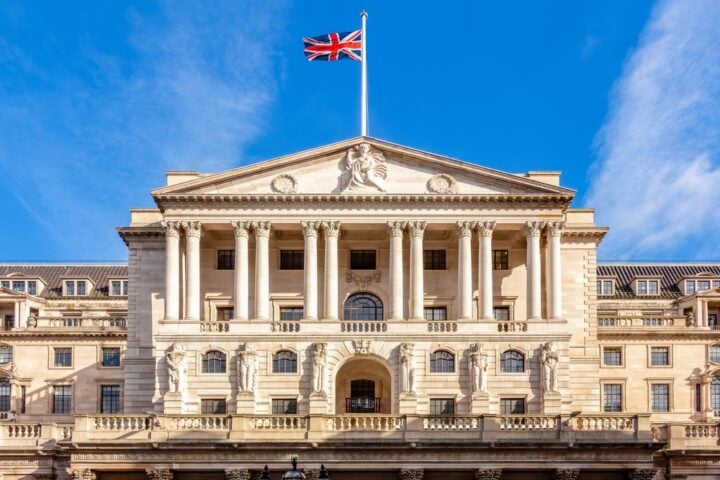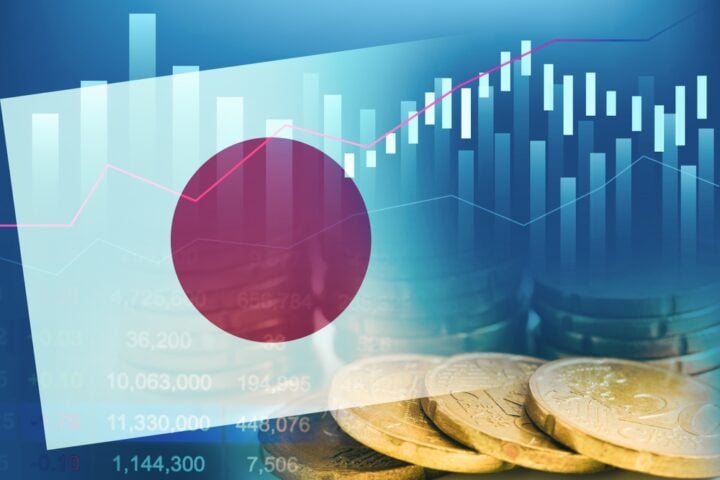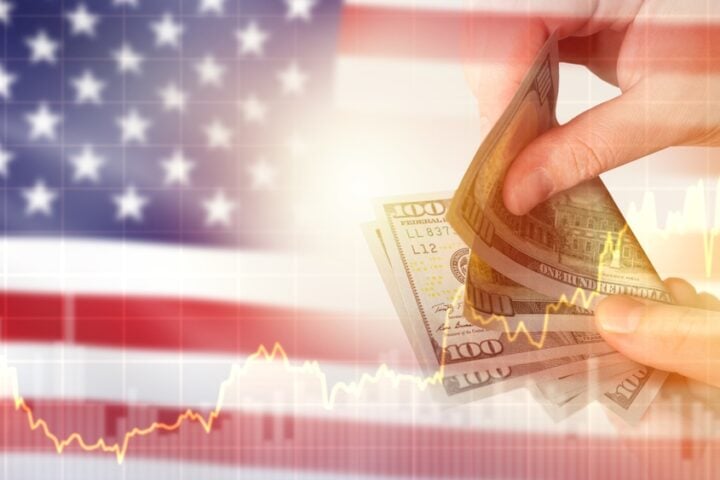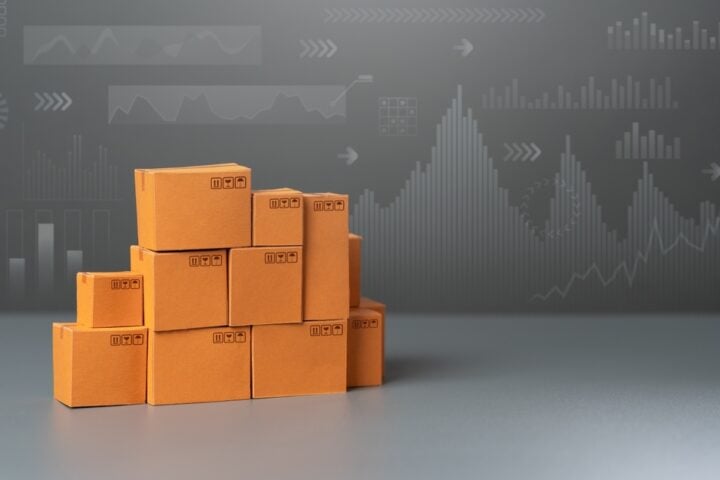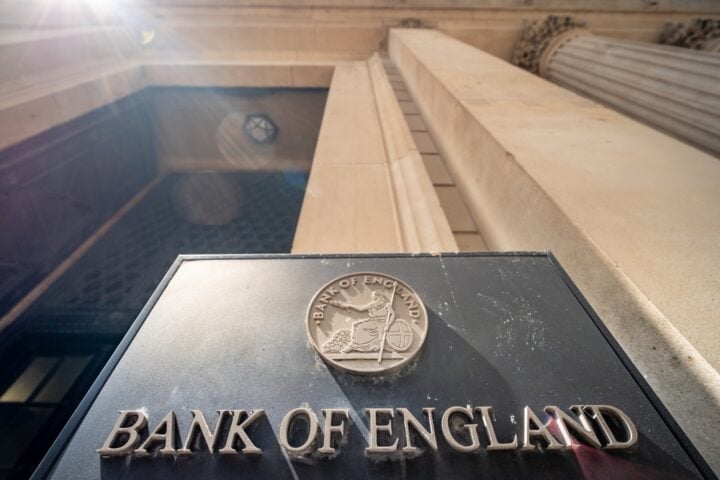Consumer sentiment fell to unexpected lows in April, driven by rising inflation expectations. The University of Michigan’s mid-month survey revealed that consumer confidence had sharply dropped, marking the lowest reading since June 2022 and the second-lowest since the survey’s inception in 1952.
Sharp Decline in Consumer Sentiment
The survey revealed that the Consumer Sentiment Index fell to 50.8, down from 57.0 in March and below the Dow Jones consensus estimate of 54.6. This represents a 10.9% monthly decline and a staggering 34.2% drop from the previous year. The current reading is the lowest since June 2022, signaling increasing consumer unease about economic conditions.
Inflation Concerns Surge
As sentiment plummeted, concerns about inflation grew even stronger. Consumers’ expectations for inflation over the next year surged to 6.7%, the highest level since November 1981. The five-year inflation expectation rose to 4.4%, up 0.3 percentage points from March, the highest level since June 1991. These figures reflect heightened worries about rising costs among consumers.
Economic Conditions and Expectations Worsen
Additional metrics from the survey showed continued deterioration in consumer outlook. The index for current economic conditions fell by 11.4% to 56.5, and the expectations measure dropped by 10.3% to 47.2. On an annual basis, both indices showed steep declines of 28.5% and 37.9%, respectively. As a result, markets turned negative following the report, with Treasury yields rising sharply.
Worsening Recession Fears
According to Samuel Tombs, chief U.S. economist at Pantheon Macroeconomics, “Consumers have spiraled from anxious to petrified.” The survey also highlighted a rise in unemployment fears, which reached their highest level since 2009. These indicators, along with deteriorating expectations for business conditions and personal finances, raised concerns about the risk of a potential recession.
Impact of Trump’s Tariffs on Inflation
The survey coincides with growing concerns that President Trump’s trade policies, particularly the tariffs on China and other global suppliers, could exacerbate inflationary pressures and slow economic growth. Prominent economists and Wall Street executives have expressed concerns that the U.S. economy may be on the brink of a recession in the coming months.
Market vs. Survey Expectations
Despite the University of Michigan’s gloomy survey results, market-based expectations suggest little immediate concern about inflation. Federal Reserve officials have warned, however, that consumer expectations can quickly translate into reality if behavior shifts. Recent inflation readings for both consumers and producers showed signs of easing in March, but uncertainty remains high as economic pressures mount.



